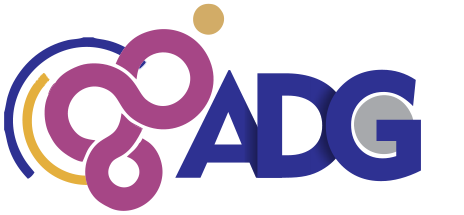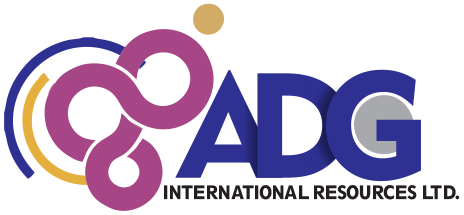We are living in the midst of a digital revolution. More people are connected to the Internet than ever before, using digital devices and services for work and for all aspects of their life. Digital literacy refers to the set of skills, knowledge and attitudes required to access, create, use, and evaluate digital information effectively, efficiently, and ethically. It is the Literate that uses digital technologies to amplify existing literacy skills. Digitally literate people are able to understand and process information in digital formats and digital literacy is indeed a survival skill in this digital era.
The workshop is a skills impartation programme designed to run for five (5) intensive days and covers the following modules:
Day 1: Understanding Digital Skills in the Information Economy
- Overview: Living in a digital world
- Digital skill frameworks
- Online safety
- Computational thinking and coding
- Data literacy
- Mobile literacy
Day 2: Digital Lifestyles
- The digital Revolution
- Social media and cyber security
- Computer Security and Privacy
- The Internet, Cloud Services and World Wide Web
Day 3: Databases and data warehousing
- Introduction to Data science
- Building Data architecture
- Databases
- Data modelling
- Smart data
- Big data
- Using Spreadsheet
Day 4: Data Mining and Analysis
- Introduction to data mining
- Search engines
- Minable data
- Data mining processes and tools
- Future of data mining
- Data analytics
Day 5: Assessment and Evaluation
Workshop Objectives
The objectives of this workshop is to provide participants with the right digital skills and tools needed for today’s fast-paced world. The aim is to get participants well equipped with the needed Digital Skills in Information Economy and how to apply such skills with Databases, data warehousing, Data mining and analysis. It features a graded assessment that was done on the last day of the workshop.
WHO ATTENDED?
The workshop was for the general staff of the Council and the minimum attendance was 30 (thirty) participants per class.
DELIVERY METHODOLOGY
The workshop was delivered through;
- Course Handouts
- Audiovisual Presentation
- Class Exercises
- Assessment and
- Evaluation
LEARNING OUTCOMES
At the end of this workshop, active participants were able to;
- Work on various ICT Operational Systems and Platforms with ease.
- Function well in an ICT environment as it relates to Revenue Operations.
- Comply with Regulatory and Ethical Issues In Revenue Collection.
- Enhance Revenue Collection and Customer Service delivery.
- Develop Key Performance Indicators (KPIs) for efficient operations in ICT-driven Revenue Operational Systems.
COURSE REQUIREMENTS
All participants were required to;
- Be fully available for the whole duration of the program to be eligible for assessment and certification.
- Come with their laptops.
DATE
4th November – 8th November
LOCATION
Green Legacy Resort, Abeokuta, Ogun State.

